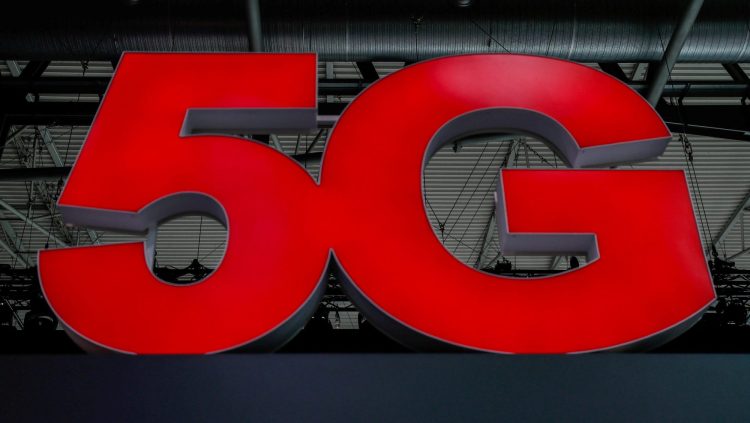Expressing concern over the security of 5G and future telecommunications systems, a group of senior U.S. senators introduced a bill that would require President Donald Trump to maximize the security of domestic network infrastructure and that of foreign allies. The Secure 5G and Beyond Act was formally proposed by Senators John Cornyn, Richard Burr, and Mark Warner, with co-sponsors Susan Collins, Tom Cotton, Marco Rubio, and Michael Bennet.
Interestingly, the Act would require the president to develop a domestic security strategy for next-generation networks, while explicitly precluding him from recommending the nationalization of 5G or future U.S. telecom networks. Though most observers consider the matter to have been settled a year ago, certain Trump advisors have recently proposed a nationally built 5G network as a means to guarantee security and streamline buildouts that will otherwise proceed under the timelines and directives of multiple wireless carriers. Meanwhile, the South Korean government pushed domestic carriers to share one infrastructure for reasons of cost rather than security.
Under the Act, the president’s domestic security strategy will need to be developed across multiple agencies, including coordination with major U.S. government stakeholders. The Act would establish the National Telecommunications and Information Administration to lead a group that includes the FCC chair, Secretary of Homeland Security, Director of National Intelligence, Attorney General, and Secretary of Defense.
“5G promises to usher in a new wave of innovations, products, and services,” said Senator Warner. “At the same time, the greater complexity, density, and speed of 5G networks relative to traditional communications networks will make securing these networks exponentially harder and more complex. It’s imperative that we have a coherent strategy, led by the president, to harness the advantages of 5G in a way that understands — and addresses — the risks.”
June 5th: The AI Audit in NYC
Join us next week in NYC to engage with top executive leaders, delving into strategies for auditing AI models to ensure fairness, optimal performance, and ethical compliance across diverse organizations. Secure your attendance for this exclusive invite-only event.
Another component of the Act is a requirement that the president assist foreign allies in maximizing the security of their telecommunication networks, including software. Under the Trump Administration, the U.S. has already been actively involved in lobbying foreign governments to secure their 5G networks against potential risks from Chinese government-backed communications equipment suppliers, but the Act could push for formal strategic incentives to strengthen allies’ networks against intrusion.
Though it was introduced by both the Republican chair and Democratic vice-chair of the Senate Select Committee on Intelligence, the Secure 5G and Beyond Act will require full Senate, House, and presidential approval before becoming law. Since 5G networks are already being built, and the federal government has recently prioritized regulatory and legislative actions relating to 5G, the bill has a better than average chance of advancing rapidly through Congress.

